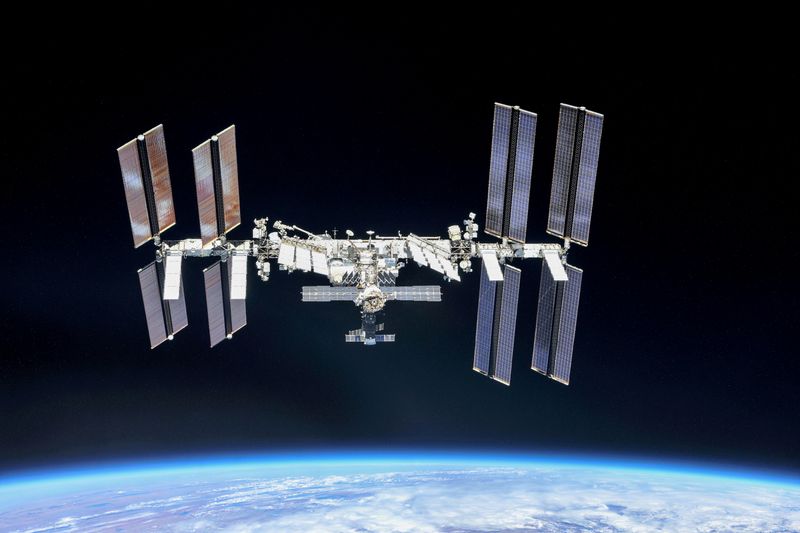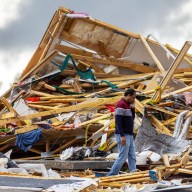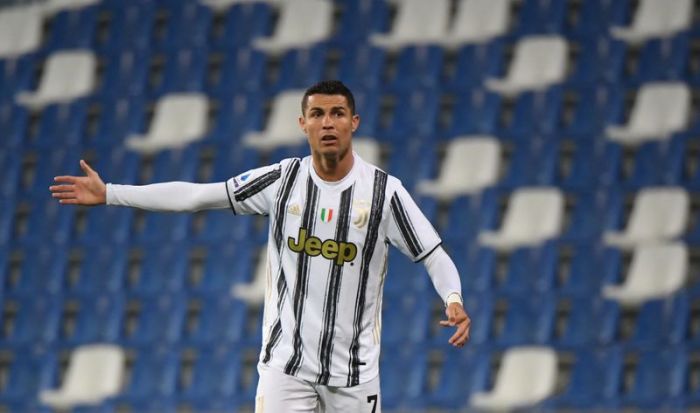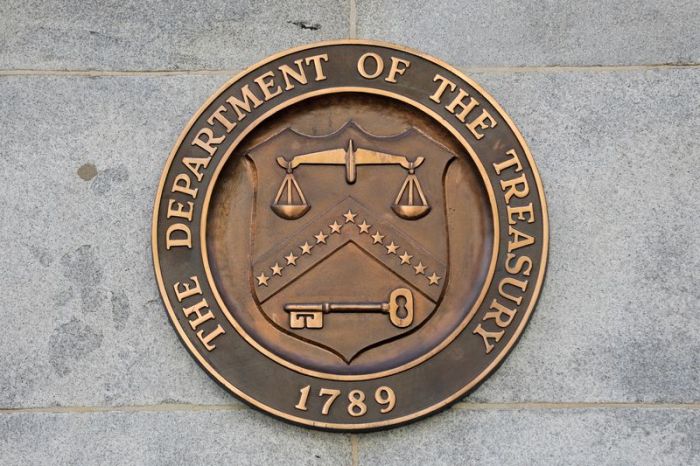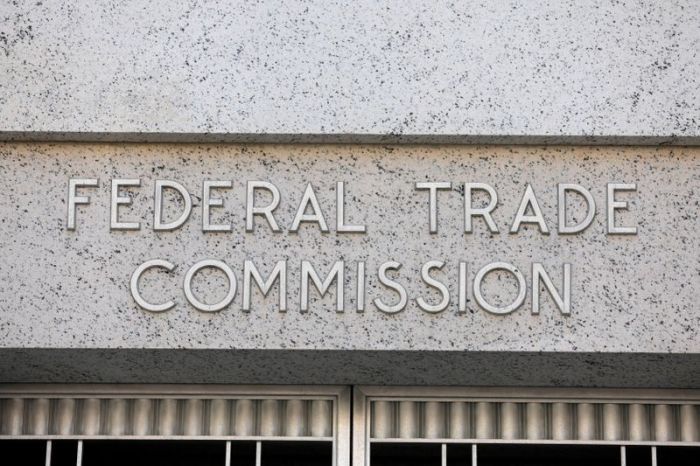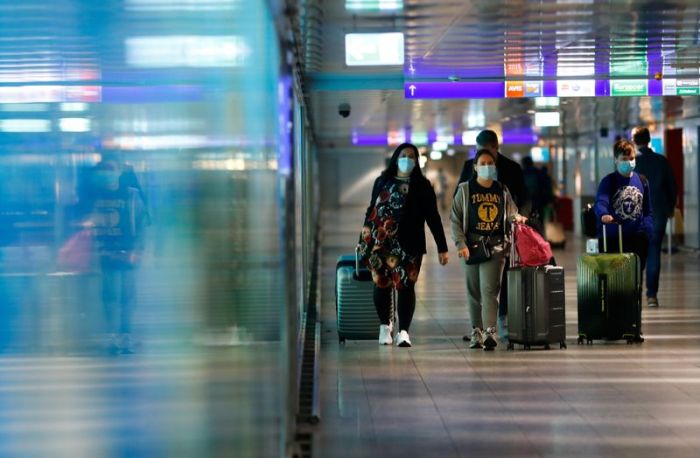MOSCOW (Reuters) – The International Space Station (ISS) had to swerve away from a fragment of a U.S. launch vehicle on Friday, the head of Russia’s space agency said, the latest in a series of incidents in which space debris have forced astronauts to respond.
Calls to monitor and regulate space debris, or space junk, have grown since Russia conducted an anti-satellite missile test last month. This generated a debris field in orbit that U.S. officials said would pose a hazard to space activities for years.
Dmitry Rogozin, head of Russian space agency Roscosmos, said on Friday that the ISS had been forced to move due to space junk from a U.S. launch vehicle sent into orbit in 1994.
Roscosmos said the station’s orbit, in an unscheduled manoeuvre carried out by mission control, dropped by 310 metres (339 yards) for nearly three minutes to avoid a close encounter.
Rogozin added that the manoeuvre would not affect the planned launch of the Soyuz MS-20 rocket on Dec. 8 from the Baikonur cosmodrome in Kazakhstan and its docking at the ISS.
Space debris consists of discarded launch vehicles or parts of a spacecraft that float around in space and risk colliding with satellites or the ISS.
In an opinion piece published in the Financial Times on Thursday, former NATO Secretary General Anders Fogh Rasmussen said Russia’s destruction of the satellite last month risked turning space into a junk yard.
“Unless we change course, the opportunities of space to improve our lives on Earth could be closed off for generations,” he wrote.
Space debris also forced NASA on Tuesday to postpone a spacewalk to replace a faulty antenna on the ISS. Last month the ISS performed a brief manoeuvre to dodge a fragment of a defunct Chinese satellite.
In separate comments on Friday, Roscosmos said it hoped NASA chief Bill Nelson would visit Russia in the first half of 2022 to discuss further cooperation on the ISS.
(Reporting by Gabrielle Tétrault-Farber; Editing by Kim Coghill and Gareth Jones)

